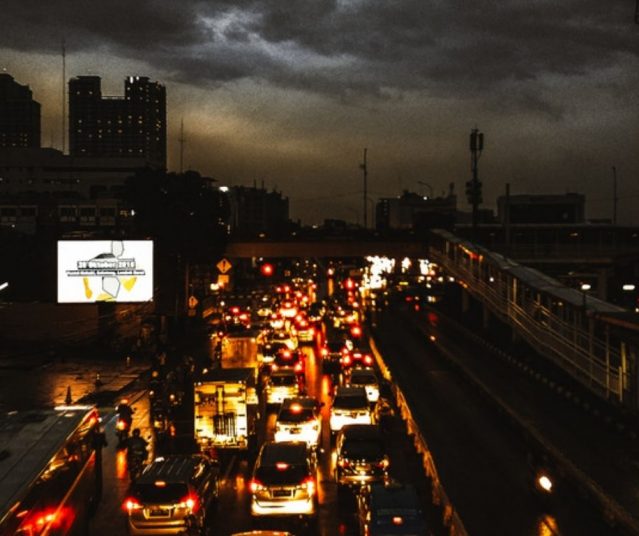
In most cases, a driver who has been charged drink driving was first detected at the roadside. A breath test is conducted using a hand held machine. If positive, the driver is arrested for the purposes of a further more accurate breath test being conducted.
The second test is sometimes conducted at a police station, but more frequently it is conducted by the roadside in purpose built buses within minutes of being pulled over. The results from the second “breath analysing” machine form the basis of a “Certificate”, signed by the police officer operating the machine. That Certificate is relied on as evidence that the driver had the blood alcohol reading police allege.
But what is the situation when the second test was conducted some time after the person was driving?
A police officer cannot require someone to undergo a breath test or submit to a breath analysis once 2 hours has passed since the driving. If the test is performed after 2 hours, there may be an argument that the evidence was illegally obtained and should be excluded as evidence. See section 138 Evidence Act 1995.
Additionally, Section 32 of the Road Transport (Safety and Traffic Management) Act 1999 provides that the concentration of alcohol at the time of driving is taken to be the concentration of alcohol present in the persons breath or blood at the time of the test IF the test was conducted within 2 hours of the driving. If the test was performed after 2 hours, there is also an argument that the Certificate police rely on is no longer prima facie evidence of the blood alcohol level.
These restrictions exist to ensure that results taken after a person is driving are as accurate as possible. Remember, the offence is driving, or attempting to drive, a motor vehicle with the prescribed concentration of alcohol. The tests conducted after driving assist police in proving what the actual concentration was at the time of driving. The longer the delay, the less accurate these tests are likely to be and the less certain a court can be that the alcohol level was at the limit alleged.
Update: On 1 July 2013 the Road Transport Act 2013 was introduced replacing the Road Transport (Safety and Traffic Management) Act 1999. Section 32 referred to above is now provided for in clause 31(3) of Schedule 3 to the new Road Transport Act 2013.
Photo by Guvluck